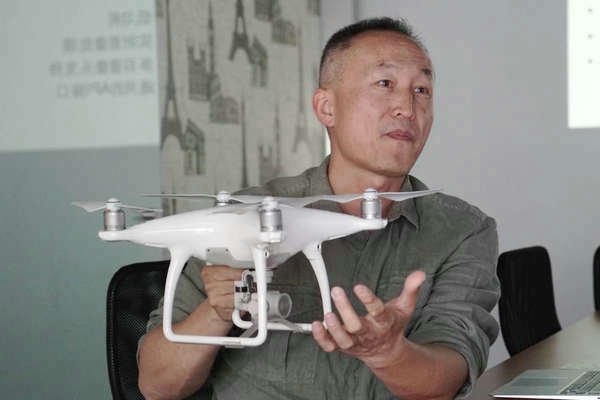 |
|
Lu Fan, founder and chairman of Senscape, a company that focuses on reality-augmenting technology. [Photo provided to China Daily] |
More than 4,000 people had come to China through this program by the end of May 2014.
Many of them now work in scientific innovation.
The program has granted a total of 1 million yuan ($150,000) of funding to support Lu's projects.
Lu has a master's degree in engineering from Tsinghua University in Beijing.
He later acquired a doctoral degree in materials science and engineering from the Swiss Federal Institute of Technology. Then he began pursuing his interest in computer science and founded the internet company IRG in the United States.
In 2001, he became the chief operations officer of the Chinese company Cernet and later the general manager for US content-delivery network-services provider Akamai in China.
Lu founded Senscape in Beijing and such startups are now helping expand entrepreneurship and upgrade industry in the country.
Although there are favorable policies for entrepreneurs, the government can still do more for them in terms of taxes and regulations, Lu says.
China has a long way to go in terms of nurturing entrepreneurs, he says.
"Venture capital investors in the US usually have a good knowledge of technology. Some of them used to be entrepreneurs, so they know what is worth investing in, while in China the investors are not as experienced," Lu says.
"It will take time."